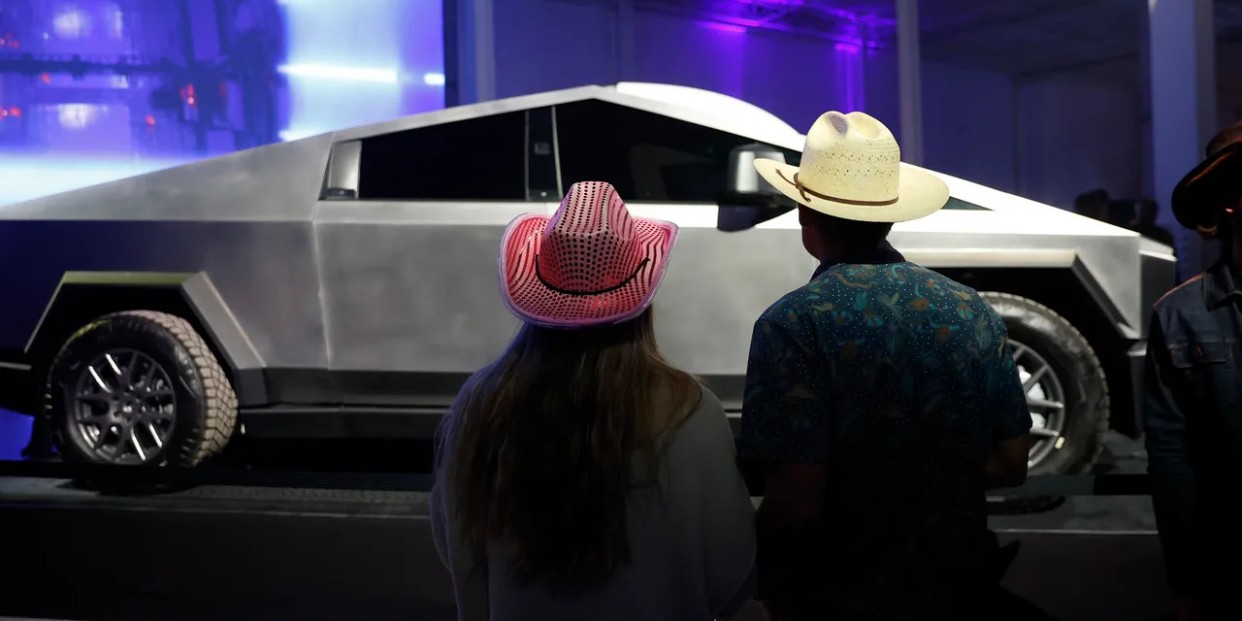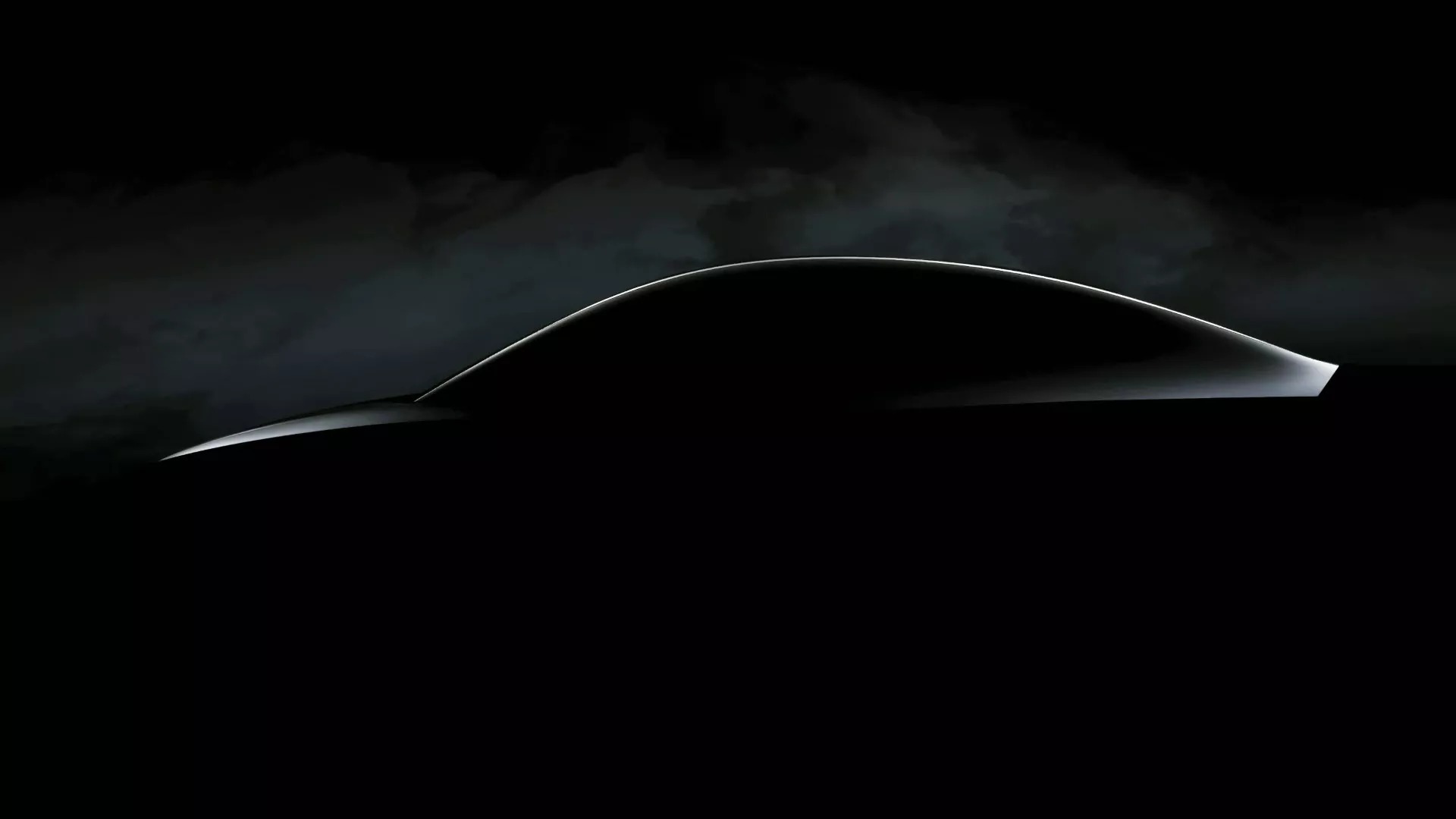The State of Texas is making headlines with a controversial move that has both EV owners and critics up in arms. The Texas state house recently voted in favor of a new bill that will levy a $200 tax on electric vehicle (EV) owners. While the government claims that this tax is necessary to raise funds for infrastructure improvements, critics argue that it is an unfair penalty on EV owners.
For years, gas tax has been the primary way that states like Texas have funded their highway infrastructure projects. With the rise of EVs, however, the situation has become more complicated. Since electric cars use little to no gas, they do not contribute as much to the fuel tax as their gas-powered counterparts. This means that states must look for alternative ways to fund their infrastructure improvements.
See also: European Parliament approves to ban combustion engine vehicles from 2035
Texas is not alone in facing this issue. As more states set ambitious emissions targets and promote the use of EVs, they are all grappling with how to pay for the necessary infrastructure upgrades. However, Texas’ $200 EV tax stands out as particularly steep compared to other states. For example, California’s EV tax is $108, which is almost half the amount charged in Texas.
Critics argue that the $200 tax feels like a penalty on EV owners who are already doing their part to reduce emissions and save the environment. On the other hand, supporters of the tax argue that the government needs to raise funds to support the growing EV fleet and the infrastructure that comes with it. The White House recently announced $621 million in funding for infrastructure projects, including EV infrastructure, but this amount is a drop in the bucket compared to what experts say is needed to meet emissions targets.
See also: Tesla Model S Plaid Electric Car Modification, installed M134 minigun Caliber 308
The American Society of Engineers estimates that the US needs $2.6 trillion to upgrade its in frastructure to meet emissions targets. With numbers like these, it is clear that finding ways to fund infrastructure projects is a pressing concern for states across the country. While the $200 tax may be controversial, it is an indication that Texas is taking the issue seriously and trying to find a solution. Whether this solution is the right one remains to be seen, but it is clear that states must continue to explore new ways to fund infrastructure improvements in the years to come.







